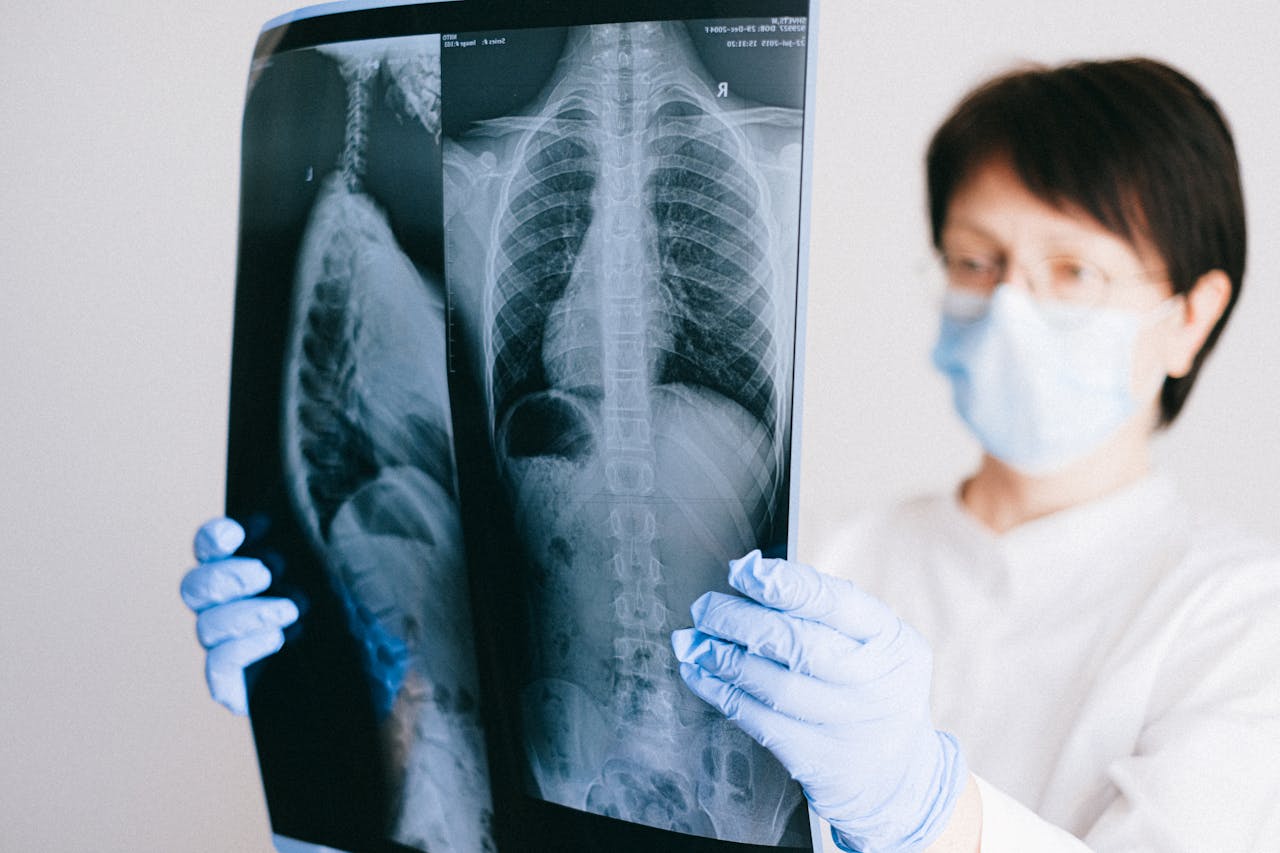Chronic Kidney Disease (CKD) is a progressive condition characterized by a gradual loss of kidney function over time. It affects millions of people worldwide and can lead to severe health complications if not managed effectively. This article aims to provide a comprehensive overview of the most common treatment for CKD, exploring various therapeutic approaches, scientific studies, and patient testimonials to offer a well-rounded understanding of the disease and its management.
Introduction to Chronic Kidney Disease
Chronic Kidney Disease is defined by the presence of kidney damage or a decreased glomerular filtration rate (GFR) persisting for more than three months. The kidneys play a crucial role in filtering waste products from the blood, regulating blood pressure, and maintaining electrolyte balance. When kidney function declines, waste products and fluids can build up in the body, leading to a range of health issues. CKD is commonly categorized into five stages based on the GFR, with Stage 1 being the mildest and Stage 5, also known as end-stage renal disease (ESRD), being the most severe. The progression of CKD can be slow, but it inevitably leads to a significant reduction in quality of life and increased mortality risk if left untreated.Symptoms and Diagnosis
The symptoms of CKD can vary widely depending on the stage of the disease. Early stages might not present any noticeable symptoms, making regular screening important for at-risk individuals. Common symptoms in more advanced stages include:- Fatigue and weakness
- Swelling in the legs, ankles, feet, or hands due to fluid retention
- Shortness of breath
- Nausea and vomiting
- Decreased appetite
- Difficulty concentrating
The Most Common Treatment: Lifestyle Modifications and Medication
Lifestyle Modifications
One of the cornerstone treatments for CKD, especially in its early stages, involves lifestyle modifications. These changes are designed to slow the progression of the disease, manage symptoms, and improve overall health. Key lifestyle modifications include:- Dietary Changes: A kidney-friendly diet typically involves reducing sodium, phosphorus, and potassium intake. High sodium levels can increase blood pressure and worsen kidney damage, while excess phosphorus can lead to bone disease. Limiting potassium is crucial as damaged kidneys struggle to maintain proper potassium levels, which can affect heart health.
- Fluid Management: Depending on the stage of CKD and the individual's condition, fluid intake may need to be monitored and adjusted to prevent fluid overload.
- Exercise: Regular physical activity can help manage blood pressure, improve cardiovascular health, and control weight, all of which are important for slowing CKD progression.
- Smoking Cessation: Smoking accelerates the decline of kidney function and increases the risk of cardiovascular disease, a common complication of CKD.
- Alcohol Moderation: Limiting alcohol intake is advised as excessive consumption can increase blood pressure and cause dehydration, putting additional strain on the kidneys.
Medication
Medications play a critical role in managing CKD and its associated complications. The choice of medication depends on the underlying cause of CKD, the stage of the disease, and the presence of comorbid conditions. Commonly prescribed medications include:- Angiotensin-Converting Enzyme (ACE) Inhibitors and Angiotensin II Receptor Blockers (ARBs): These medications help lower blood pressure and reduce proteinuria, slowing the progression of kidney damage.
- Diuretics: Used to manage fluid retention and swelling.
- Statins: Prescribed to control high cholesterol, which is common in CKD patients and increases the risk of cardiovascular disease.
- Phosphate Binders: Help control phosphate levels in the blood to prevent bone disease.
- Erythropoiesis-Stimulating Agents (ESAs): Used to treat anemia, a common complication of CKD, by stimulating the production of red blood cells.
Advanced Treatment Options: Dialysis and Kidney Transplantation
Dialysis
Dialysis is a life-sustaining treatment for individuals with ESRD (Stage 5 CKD). It performs the essential functions of the kidneys by removing waste products, excess fluid, and balancing electrolytes. There are two main types of dialysis:- Hemodialysis: This involves circulating the patient's blood through a machine (dialyzer) that filters out waste products and excess fluid. Hemodialysis is typically performed three times a week at a dialysis center, although home hemodialysis is an option for some patients.
- Peritoneal Dialysis: This involves using the lining of the abdominal cavity (peritoneum) as a natural filter. A special fluid is introduced into the abdominal cavity through a catheter, and waste products and excess fluid are drawn into the fluid, which is then drained and replaced with fresh solution. Peritoneal dialysis can often be done at home, allowing for greater flexibility.
Kidney Transplantation
Kidney transplantation is considered the most effective long-term treatment for ESRD. It involves surgically placing a healthy kidney from a donor into the patient. The transplanted kidney takes over the functions of the failing kidneys, providing a near-normal quality of life. Transplantation offers several advantages over dialysis, including:- Improved quality of life and physical health
- Greater freedom and fewer dietary restrictions
- Lower risk of cardiovascular complications
Integrative and Complementary Therapies
In addition to conventional treatments, many patients explore integrative and complementary therapies to manage CKD symptoms and improve overall well-being. These therapies should always be discussed with healthcare providers to ensure they do not interfere with standard treatments.Nutritional Supplements
Certain supplements can support kidney health, although their use should be guided by a healthcare professional. Commonly recommended supplements include:- Omega-3 Fatty Acids: Found in fish oil, these have anti-inflammatory properties and can help reduce inflammation in the kidneys.
- Vitamin D: Often prescribed to CKD patients to manage bone health and calcium levels.
- Probiotics: Some studies suggest that probiotics can help reduce uremic toxins in the gut, potentially benefiting kidney function.
Herbal Remedies
Herbal remedies are popular among CKD patients, but caution is necessary as some herbs can be harmful to the kidneys. Safe and beneficial herbs may include:- Astragalus: Known for its immune-boosting properties and potential to improve kidney function.
- Rehmannia: Used in traditional Chinese medicine for kidney health.
- Dandelion: Acts as a diuretic and may help with fluid balance.

